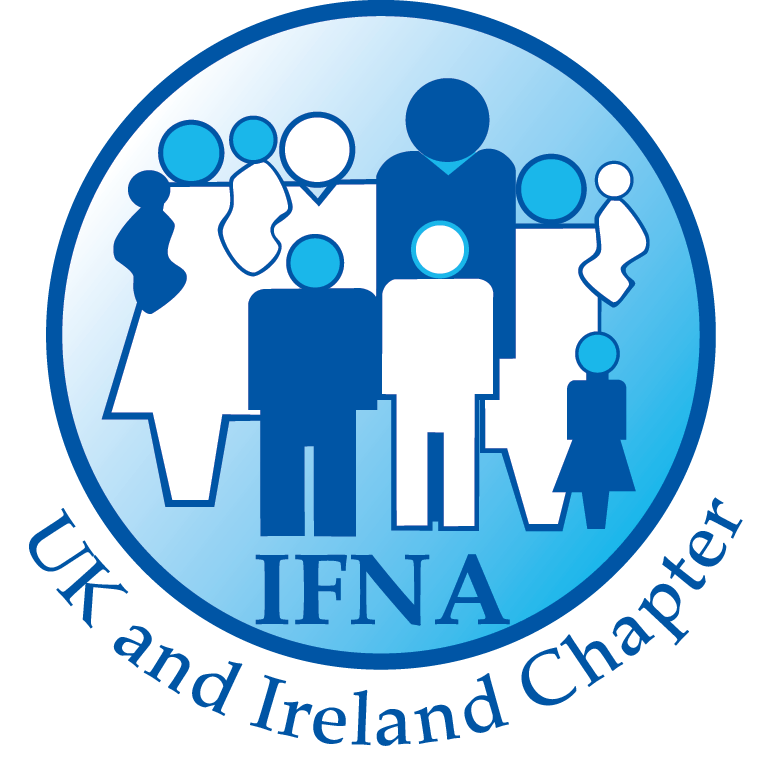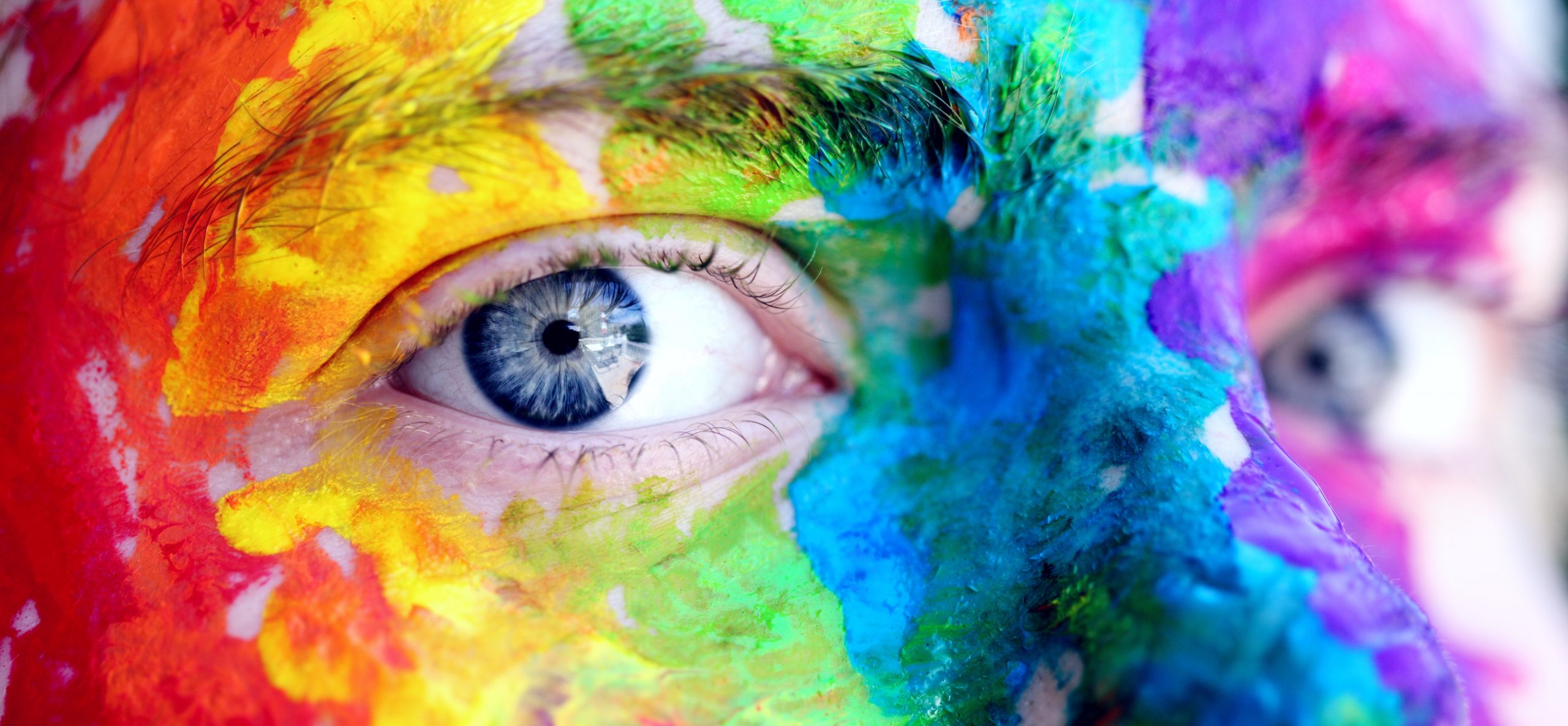In the UK we have just had pride month, which is a very important month in the LGBTQ+ calendar. Pride month is all about celebrating the achievements of those who fought for the LGBTQ+ movement back in 1969 and the progress that has happened within the community since, uniting and coming together over everything that has happened in the past.
Even though we are in 2021, can you honestly say that the LGBTQ+ community is fully accepted? The answer is no. Homosexuality is still a punishable offence in 72 countries, with same sex marriage being illegal in 38. Whilst Covid-19 has put a stop to most of the in-person gatherings and parades we usually see during pride month; it did not stop people coming together online and hosting virtual pride parades and showing the world what pride is all about. Not even covid can break the spirits of the LGBTQ+ community, after all, they have been through a lot worse.
Pride is met with a lot of resistance because of the systemic belief that being anything other than heterosexual is wrong and immoral. However by challenging through pride month and LGBTQ+ awareness it is showing the world that there is nothing abnormal about being LGBTQ+.
By having open, public celebrations during pride it means that people can be educated and be aware of the issues that the LGBTQ+ community have faced and are still facing today. Awareness and tolerance towards the LGBTQ+ community has improved greatly over the years however, even in 2021, there are still numerous reports of horrific attacks on the LGBTQ+ community every day. In the UK around 40% of people had some form of negative incident in public because of the fact they were a member of the LGBTQ+ community. Most recently, there has been a story of a 19-year-old teenager being violently assaulted in an unprovoked attack because he was bisexual. Pride is necessary to show the younger community that they are accepted and have a place in this world, as children and young people who identify as LGBTQ+ are 4 times more likely to report self-harm with suicidal intent. If children and young people are taught that being part of the LGBTQ+ community is not something to be ashamed of or embarrassed about, then they are more likely to be resilient towards the unique social stressors that children in the community often face when growing up.
Now pride is not something that can be done through just one school lesson or just wearing a rainbow badge on your uniform. LGBTQ+ pride is constant. It is about standing up for people in the community who are facing discriminatory actions. It is about closing the gap between the privileges that heterosexual people take for granted and those that LGBTQ+ people have to fight for. Nurses have an ethical responsibility to overcome practices and attitudes that may compromise care quality for individuals and families.
Pride is not just for one month. Pride is constant.
Megan Ward, student nurse, Northumbria University
She/Her

